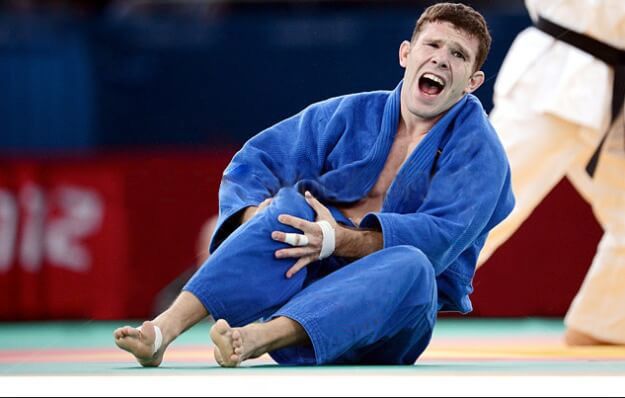Judo is a full-contact sport so, for sure, there will be injuries. The usual ones are stubbed toes and jammed fingers. Shins usually get bruised too. Slightly worse would be sprains on the ankles and wrists. Then you have the more serious injuries like dislocated shoulders, broken collar bones and torn ligaments on the knees.
I've been fortunate enough to have avoided any shoulder dislocations or broken collar bones but I've had two knee surgeries so far and I once fractured my left ribs too. Those are all considered pretty serious injuries.
Could some of those injuries have been avoided? I would say yes, had I not been so reckless in the way I did randori in my youth. By the way, although injuries do happen in competition, most of the time they happen in randori simply because you do far more randori than you do competition. For most recreational players, competition might be three times a year. Those very same people would do randori three times a week. So, don't worry about getting injured in competition, think about the randori!
Having the right mindset during randori makes all the difference in the world. First of all, treat randori as a randori, not as a shiai. Randori is not competition, it's free practice. It's when you're supposed to try things out, and it doesn't matter if you get thrown or countered. Nobody's keeping score... well, at least you're not supposed to.
The problem is many players, especially the more competitive ones, tend to treat randori as shiai and they want to "win" at all costs. When you completely lose yourself in the moment and attack with only one purpose in mind — throwing uke — that is when injuries happen.
If what's foremost on your mind is, "I must not get injured and I must not injure uke either", it's going to be a very safe randori even if you both go hard. Realizes it's not the hardness of your actions per se that causes injuries. It's the mindset you have when applying your techniques.
If you have a "scoring" mentality, whenever you and uke have your bodies tangled up in a funny position, you'd still continue with the action in the hopes of getting that "score" that you so badly want. In contrast, if you have a "safety" mentality, you would just abort the action and save your bodies for another randori.
Of course there is no way to guarantee that you will never get injured in judo which, after all, is a full-contact sport. But having the right mindset can drastically reduce the likelihood of injuries happening. This is true even if you have a "dangerous" partner who is reckless and prone to injuring people (we all know people like this).
Here's an experiment. Try reminding yourself: "I must avoid injuries" before each randori and you'll be amazed at the difference it makes.
Judo Concepts, Lesson 15: Avoiding Injuries
By ·

